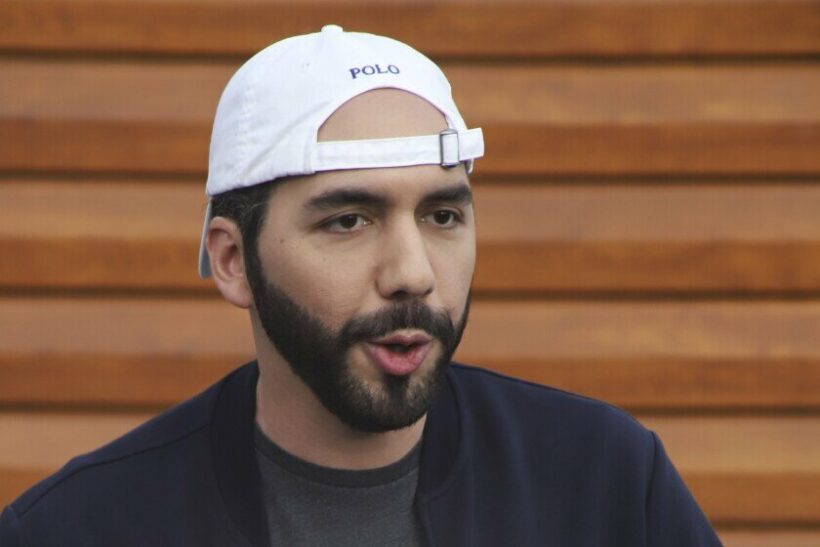A “Goebbelian” campaign of enormous diffusion and great impact seduces the masses.
We are observers of one of the most striking propaganda phenomena of recent times: the collective dazzle of a skillful campaign, whose purpose is to turn an emerging dictator into one of the most popular leaders of the decade; an example for the clumsy rulers of our hemisphere to follow. Lauded for his onslaught against the maras in El Salvador, Bukele has pushed the boundaries of legality to transform his persona – the young, fearless, millennial politician – into a world champion against crime.
Something that has not been considered by those who follow and admire him, hallucinated by his charisma, is the danger of once again falling under the influence of propaganda and closing their eyes to the human rights violations and co-optation of justice committed during his government; forgetting the indispensable exercise of reflection, to overlook the meaning of this style of dictatorship reborn from the manuals of Joseph Goebbels – the man responsible for the Nazi propaganda that brought Hitler to absolute power – and choosing repressive and corrupt rulers in their eagerness to reproduce the system.
According to a US Attorney’s Office indictment filed in New York State Federal Court, Bukele allegedly negotiated between 2019 and 2021 with MS-13 leaders, a manoeuvre that involved two high-ranking Salvadoran government officials and, in whose agreements, benefits were granted to the criminal organisation in exchange for a reduction in homicides and to favour – within his area of influence – the election of the current president.
In this alleged war against the gangs, the details of which are kept strictly secret and in whose behind-the-scenes agreements appear to exist under the table, images of inmates covered in tattoos have been used profusely, forming a perfect image of surrender in the prison yards. These images have reinforced the idea of an effective government, capable of handling internal security policy with an iron fist, while in the rest of Latin America and other countries around the world, spectators of such exploits applaud enthusiastically.
The “coolest dictator in the world”, as Bukele calls himself, has not shaken his hand in transforming, through the imposition of legislative measures that benefit him, the system of institutional checks and balances, thus ensuring the possibility of re-election – which was forbidden before his administration – and the weakening of any opposition to his attempts to establish a dictatorship with a view to perpetuating himself. The hopes of his admirers outside the Salvadoran borders, who have fallen under the sway of one of the most effective political image campaigns in terms of popularity – with its ingredient of collective blindness – is to replicate the example for their respective countries, overwhelmed by crime and corruption.
What we are witnessing today is a return – much more sophisticated – to the practices of the 1970s and 1980s, Latin America’s darkest times, with their aftermath of assassinations of popular leaders and of citizens who faced the dictators in power in a situation of inferiority. Dictatorships have only left a trail of death and institutional setbacks that still constitute the greatest obstacle to the development of our nations.
The seduction of the cult of personality should not blind or obviate the necessary exercise of analysis.










